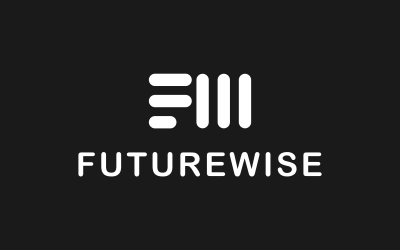In 1965 the most valuable company in the United States was AT&T, which had 750,000 employees. In 2018 it was Apple, with only 130,000 employees. In 2012 Instagram had just thirteen employees when it was bought by Facebook for $1 billion. The new billion-dollar companies may be full of great technology but not lots of people. If you want to know how safe your job is, it is probably not as safe as you think. Look at the changes happening in all areas of the job market:
Blue collar jobs: There are three million truck drivers in the United States and self-driving cars are already here, while it may take twenty years for them to be mainstream, those jobs will never come back. There will be related impacts also. There will be no need for car parks as cars will just drop off and drive away. This is before we even consider drones impact on delivery jobs. In agriculture, Taylor Farms California was one of the first to invest in robotic farming. We now have automated cow-milking machines and cotton strippers. We have tree-shaking robots that harvest oranges and robot vacuums that suck apples off trees. Taylor Farms is working on a new lightbulb shaped lettuce with a longer stalk, it’s not tastier, just easier for the robot to harvest.
White collar jobs: The Japanese firm called Fukoku Mutual Life Insurance has started using an A.I. system to calculate pay-outs for policy holders, it’s using algorithms not actuaries. In Investment Banking many jobs are already in the hands of technology and now banks are fighting over the “speed of light” as they look for straighter broadband lines to their buildings and compete to buy buildings closer to towers and dishes than their competitors. In the legal sphere, JP Morgan has developed a system that reviews commercial loan agreements; it does in a few seconds what they estimate would take over 300,000 hours of a human lawyers time. Accounting jobs are falling to new technologies like Blue Prism which mimics many of the tasks of accountants. It’s hard to compete against something that works twenty-four hours a day and never gets sick or goes on holiday!
Social and creative jobs: Pepper is classed a humanoid robot in Belgian hospitals and is used to greet patients and guide them to the correct department. On the other side of the spectrum, Facebook and Carnegie Mellon University have designed Pluribus, which learned to play poker from scratch in three days and is now defeating many of the the best professional poker players in competitions online. There are A.I. musical works of art on Spotify, robots are drawing paintings that will fool art experts and even the beautiful design of a concert hall in Hamburg makes you feel that it could only be designed by a human being, but it is not. Creativity it seems, is not beyond machines.
New jobs: Even what we may label as “new jobs” may not be safe for long. Lil Miquela is an Instagram influencer with close to 3 million followers, she endorses brands such as Calvin Klein and Prada. Lil Miquela is an avatar, not a real person. Why pay real influencers when a digital one is already garnering such a following? Furthermore, the Digital Modelling agency has created virtual people like “Shudu” to model real clothes – a lot cheaper than hiring the real people. Many believe that the internet of the future will be populated by a lot more “fake people”.
While things are fast now it will only get faster as companies like Rigetti Computing try to crack quantum computing. To give you an idea of how fast these machines might be – when “Deep Blue” the super computer won against Kasparov at chess it could analyse 200 million moves a second – a quantum computer can increase this, not to a billion but to a trillion a second.
Terrified yet? don’t be. We may not be able to predict future jobs, but we do know that we have to continue to learn. We also need to keep our heads up to see the changes that are happening all around us. If you are a CEO or an employee starting out on your work journey this will impact everyone. Let’s continue to be curious, agile, adaptable and willing to learn, and I for one am still choosing to be excited.

